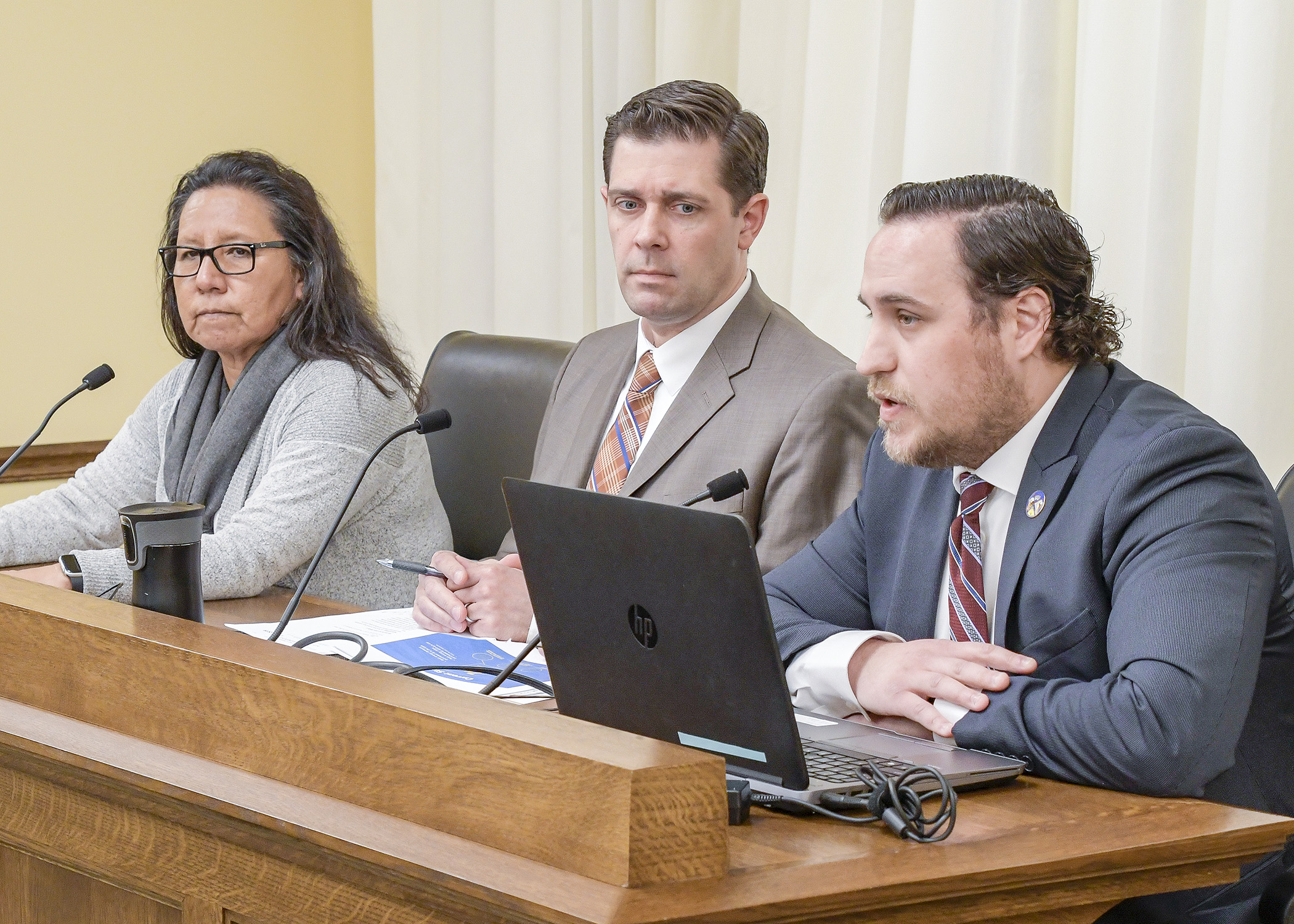Prairie Island aims to become a net-zero energy community

Just west of Milwaukee, in the town of New Berlin, you’ll find a 34-home housing development called Red Fox Crossing. It may look like a fairly typical modern suburban subdivision, except for one thing: It’s entirely solar-powered.
In fact, it’s among a handful of America’s “net-zero energy communities,” where the total amount of energy consumed is no greater than the amount of renewable energy created.
Is there one in Minnesota? Not yet, but that could change under HF3539, a bill sponsored by Rep. Andrew Carlson (DFL-Bloomington). It would assist the Prairie Island Indian Community in its efforts to become Minnesota’s first net-zero energy community.
As orally amended, the bill would appropriate a three-year total of $46.2 million from the state’s renewable development account to help the community achieve net-zero status by 2022. The grants would allow the community to execute a plan under which it would reduce energy consumption, generate energy through a combination of solar and geothermal sources, develop microgrids for storage and distribution of energy, and adopt sustainable building standards.
On Thursday, the House Energy and Climate Finance and Policy Division laid the bill over for possible omnibus bill inclusion. Last session, the House approved $5 million for the project, but the funding was eliminated in conference committee negotiations.
The bill’s companion, SF3562, sponsored by Sen. Michael Goggin (R-Red Wing), awaits action by the Senate Energy and Utilities Finance and Policy Committee.
The source of the funding – the renewable development account – is historically significant for the Prairie Island Indian Community because the account was created as part of a 1994 law that permitted Northern States Power (now a subsidiary of Xcel Energy) to use 17 casks for nuclear waste storage at its Prairie Island nuclear power generating facility.
As Lu Taylor, vice president of the Prairie Island Indian Community Tribal Council, testified, its reservation is situated about 600 yards from Xcel Energy’s nuclear plant.
“We are the closest community to a nuclear plant anywhere in the country,” she said. “Every day, we bear the burden of the country’s failed nuclear waste disposal. … In 1994, we forcefully opposed legislation giving Xcel Energy legislative authority to store nuclear waste at Prairie Island. There are 44 nuclear waste casks currently stored on a pad at the Prairie Island plant.
“The renewable development account was established as a means to develop and implement renewable energy projects. Xcel currently pays $500,000 annually into the RDA for each nuclear cask stored on Prairie Island. The utility also pays $350,000 for each cask at its Monticello plant. In sum, Xcel has paid $327 million into the RDA. The Prairie Island community has never seen any funds nor benefitted from the RDA, despite shouldering the risks associated with the storage of the spent nuclear fuel.”
Speaking in support of the bill, Rep. Barb Haley (R-Red Wing) said, “This would be a first-of-its-kind project for not only a residential community, but for a large business operation, a casino, an area that’s visited frequently by tourists. So a lot of learning can take place. … It’s a very exciting project, and I hope we can get it across the finish line this year, because it’s shovel-ready.”
Related Articles
Search Session Daily
Advanced Search OptionsPriority Dailies
Legislative leaders set 2026 committee deadlines
By Lisa Kaczke Legislative leaders on Tuesday officially set the timeline for getting bills through the committee process during the upcoming 2026 session.
Here are the three deadlines for...
Legislative leaders on Tuesday officially set the timeline for getting bills through the committee process during the upcoming 2026 session.
Here are the three deadlines for...